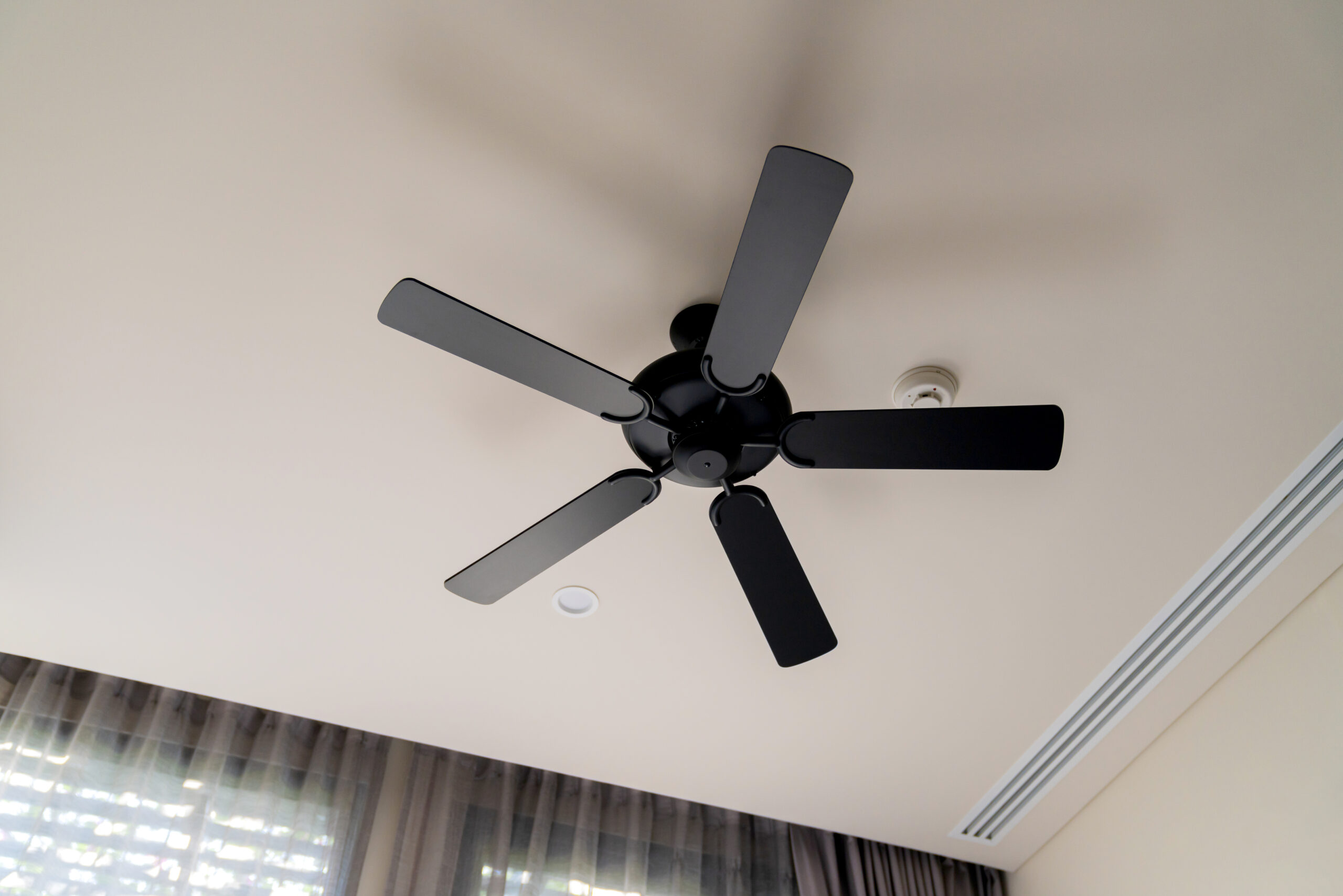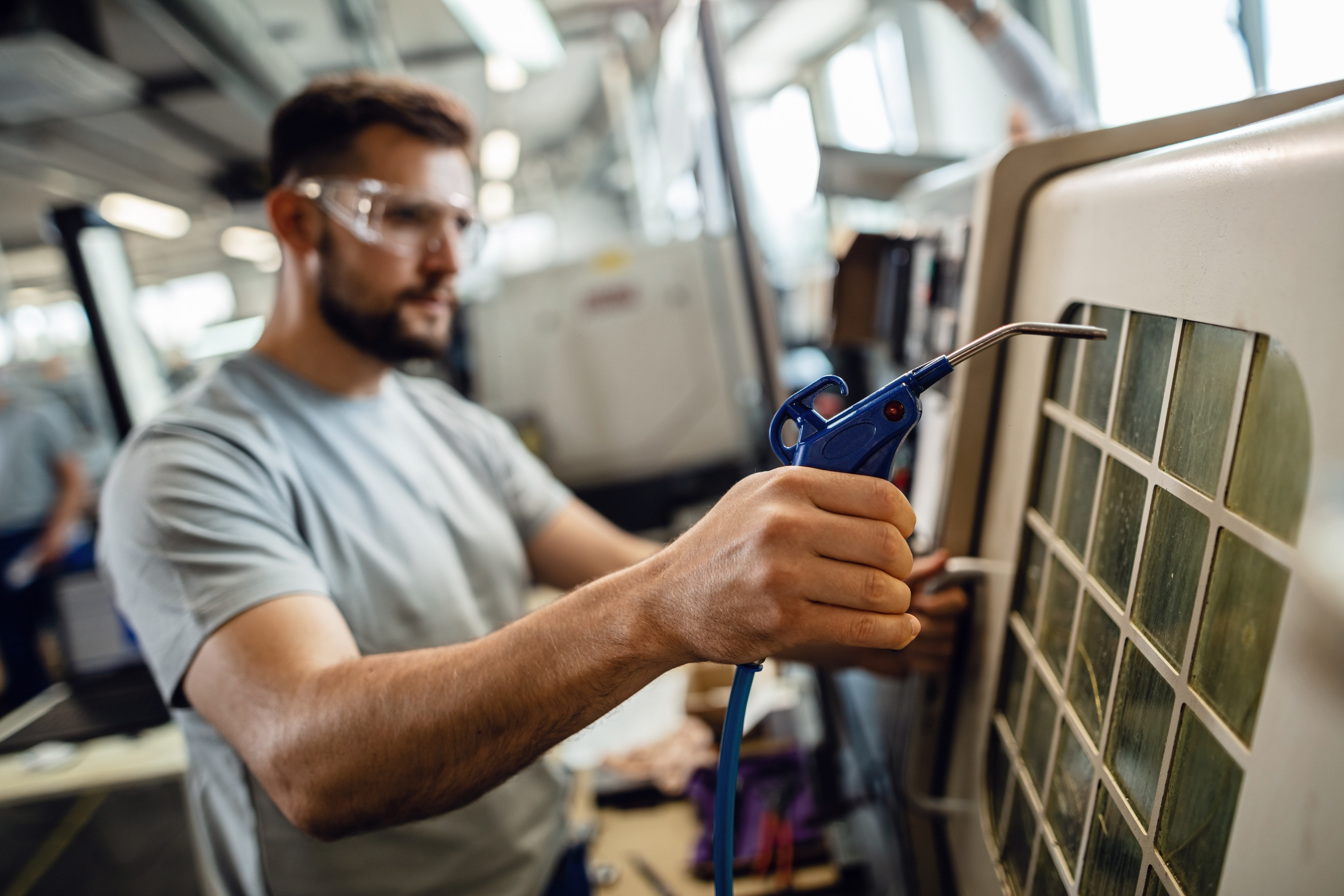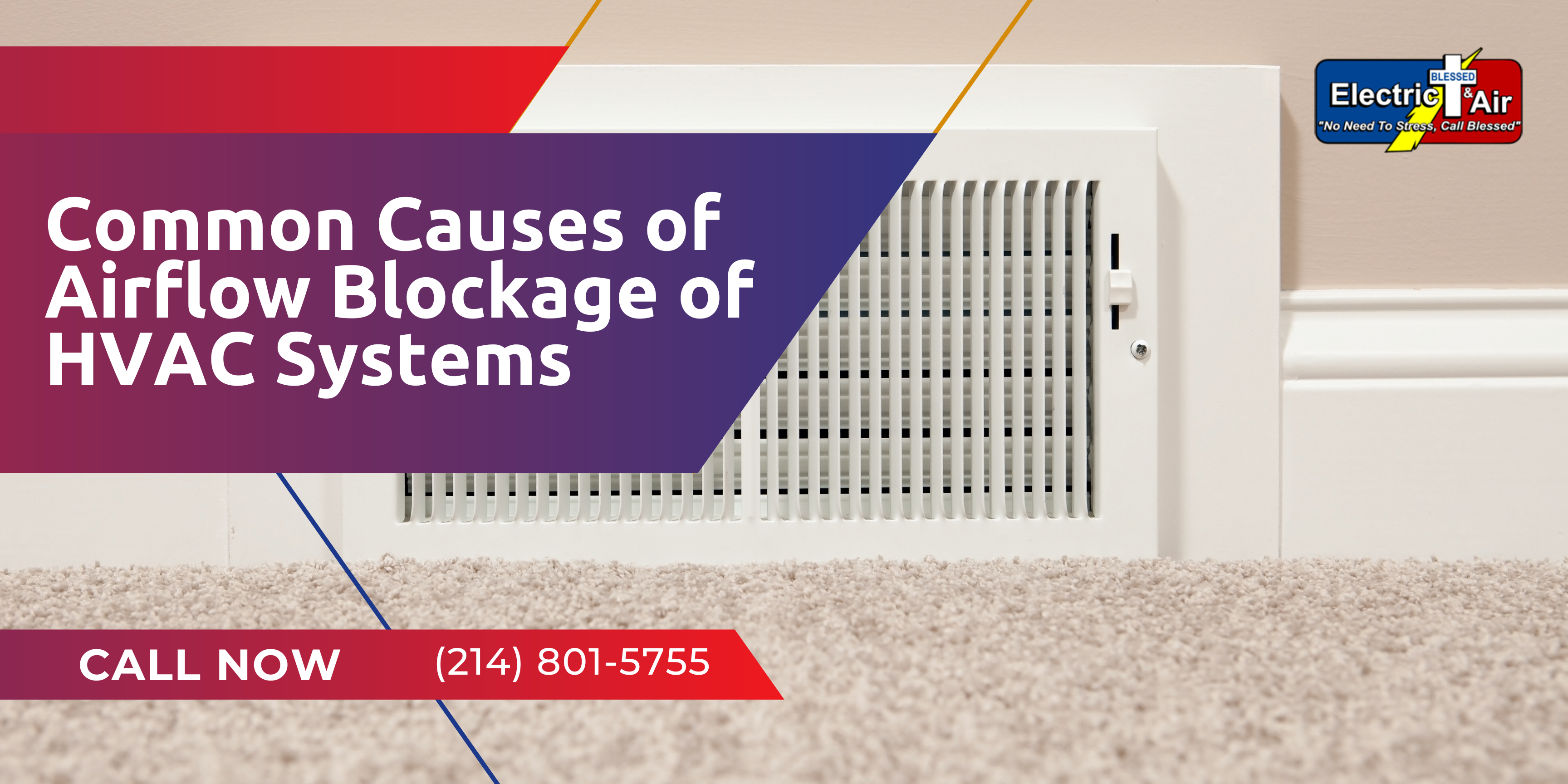Most homeowners in Texas part with over $1,200 annually as energy bills. Unfortunately, many of them don’t really have to spend up to that. When your HVAC system develops airflow issues, it will consume more energy to deliver less output. Here’s one common mistake.
During the summer months, when the HVAC setting that used to produce adequately cool air begins to fall short, many homeowners will just increase the setting without delving into what could have caused the drop in the performance of their HVAC. They quickly assume that it’s because the weather is hotter. This is often not the case.
Most of the time, when your HVAC setting isn’t as cool as it once was, it may be because its airflow is clogged. You may want to watch out for them.
Here are some of the causes of airflow blockage of HVAC systems.
1. Old age
As an Arlington HVAC expert, we can tell you that when your air conditioning unit is getting close to its lifespan, poor airflow will become a constant problem. So, when your system is no longer as cool as it used to be, ask yourself how long you’ve been using the appliance. If it’s close to 15 years or more than that, this may be time to replace it.
2. Leaking refrigerant
When your refrigerant begins to leak, you won’t know until the refrigerant level of your air conditioning level drops below the appropriate threshold. This will take its toll on its airflow. The air it supplies will no longer be cool enough for you. This means that when you notice that your air conditioner no longer supplies cool air and it’s not close to its lifespan, you may want to check if the refrigerant is leaking or not.
3. Buildup of dust and debris
Since your unit pulls in fresh air from outside, dust and debris will gradually build up in it. When dust overwhelms the condenser, it will no longer supply cool air, and this will lead to poor airflow issue. This is why you should always hire an Arlington electrician to inspect and clean your HVAC system at least, once a year.
4. Oversized unit
The bigger the unit, the better the airflow, right? Yes. This is correct to an extent. If you install a unit that is too big for your apartment, you’ll get fantastic airflow, but the airflow will not last long. Why? It will quickly cool certain parts of your home and cut off temporarily, even before the cool air circulates. And this “vicious cycle” will continue.
In addition, it may also cause humidity issues for your home. This is why you need to install the right size of HVAC unit for your home. When you move into a bigger house, you’ll upgrade your unit. If you’re not sure of the right size of HVAC for your home, consult an Arlington HVAC service provider.
5. Too small unit
We have talked about oversized units as a problem. Now, we also have to talk about an undersized unit. When the air conditioner installed in your home is too small, there will be airflow issues too. However, this problem is different from the others. The airflow issue will begin from the first day of use.
So, if notice that the air dished out by your HVAC unit isn’t cool enough for you, it may be too small for your home. Consult an Arlington electrician for assessment. In fact, it’s better to seek the guidance of an Arlington HVAC specialist in the choice of unit to install. This will prevent you from mistakenly installing a unit that cannot cover your entire home.
6. Weak or damaged blower fans
When they are in good condition, blower fans push air through the ductwork at an ideal flow rate and the air will find its way into your living space. When the blower fans are old, weak, or damaged, the amount of air they push through the ducts will reduce. And this will result in low airflow. An Arlington HVAC specialist will help you remove the damaged blower and install newer ones.
7. Punctured ductwork
The ductwork is like a set of pipes through which air is transferred from the condenser to your living space. If your ductwork is riddled with holes, air will leak out before it gets into your house. When the hole is small, you may not feel the effect. However, the hole will get bigger with time, and it may reduce the airflow to your house. This problem will persist until you plug the holes in your ductwork or change the leaking pipes.
8. Blogged air filters
The air filters trap dust and debris while your system pulls fresh air into your home. When the dust builds up on the air filters, it will reduce the amount of air that will be able to go into your system. This will also reduce the amount of air that goes into your home. Air filters should be washed or replaced periodically.
9. Blocked vents
No matter the amount of air pushed into your ductwork, when your vents are clogged, only very little air will make it into your rooms. This implies that vents also need to be cleaned.
Conclusion
You’re probably wondering how to keep track of all the components of your HVAC system to check. You think you have 9 issues to worry about. Not exactly! You only have one thing to worry about. You only need to worry about hiring the right Arlington HVAC specialist for maintenance. During maintenance, we will look out for all the issues mentioned above. In fact, we often detect and avert potential issues before they manifest. We will clean or replace clogged or damaged components. Hire Blessed Electric & air for the HVAC repair, maintenance, and replacement of your HVAC system and leave the rest to us.



